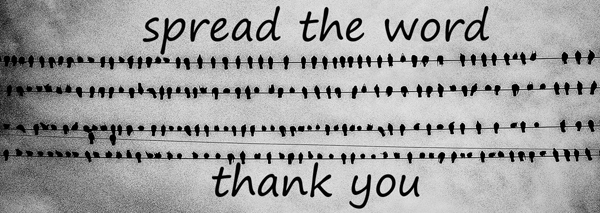
| WELCOME |
 |

comments, ephemera, speculation, etc. (protected political speech and personal opinion) 2021- 2021-09-19 d THE STATE OF THE DISUNION IV When governments
condescendingly treat us like provincial inadequates
or ill-bred peasants who would struggle to pour piss
out of a boot after a night of carousing, are their
"paternalistic" actions deliberate or accidental?
Could we infer their agenda or intentions from their
actions or inactions?
[...] But just because this eccentric little homage to human conditioning is the accidental side-effect of a poorly designed initiative, it doesn’t necessarily follow that we should immediately dismiss it as meaningless or politically insignificant. Too often in life, we demarcate the deliberate from the accidental on the basis of intentionality. Deliberate acts, we say to ourselves, must mean something, must knowingly have been undertaken and must therefore reveal something of a person’s intentions. Accidents, on the other hand, we determine to be meaningless simply because they weren’t performed intentionally: “I’m sorry,” as the exculpatory saying so beloved of all recently exposed philanderers has it. “I didn’t mean to hurt you.” But what if meaningful phenomena sometimes leaked out unknowingly when people caused accidents? What if slip-ups, stumbles, mispronunciations, repeated patterns of odd behaviour (etc.) could reveal someone’s intentions, motivations or desires without that person ever realising that that was the case? Certainly that well-known white supremacist, Sigmund Freud, believed that these apparently trivial moments – what he referred to as ‘parapraxes’ but that we know simply as ‘Freudian slips’ – had the power to reveal the unconscious; those deepest, darkest, most powerful ideas that prey on a person’s mind, influencing their actions and their lives. Freud’s claim was that a person’s superego, normally so capable of repression, sometimes flickered momentarily, like a current switched off and on; and in those moments our actions would often betray us: grief still too raw to be processed after half a century, caught in the slip of a tongue; libidinal attachments to a particular prohibition, petrified in the repeated and apparently accidental mispronunciation of a word; or sadistic impulses embedded within a predictive computer model that consistently over-exaggerates epidemiological risk. That’s not to say that all
accidents constitute parapraxes. Naturally,
there are events that are accidental
in the original meaning of that word and are brought
about by chance or fate. Where a government rarely if
ever ends up salving one crisis by generating another,
for instance, we may feel confident in describing
those rare instances as “accidents”. But where that same
government repeatedly responds to crises with
initiatives that cannot
help but generate other crises, we are
perhaps entitled to consider whether something a
little more parapraxis-like than chance might lie at
the root of the problem… (read
more)
______________________ Permission is hereby granted to any and all to copy and paste any entry on this page and convey it electronically along with its URL, ______________________ |
...
News and facts for
those sick and tired of the National Propaganda Radio
version of reality.
|
|||||
|

| If
you let them redefine words, they will control
language. If you let them control language, they will control thoughts. If you let them control thoughts, they will control you. They will own you. |
| © 2020 - 2021 - thenotimes.com - All Rights Reserved |